Escrevendo escritores (o caso Beta Writer)
SCHOENENBERGER, Henning. 2019. Introduction. In: Beta Writer. Lithium-ion batteries: a machine-generated summary on current research. Heidelberg: Springer, pp. v-x. LIVRO “ESCRITO” POR COMPUTADOR [This book] is the first machine-generated research book. This book […] has the potential to start a new era in scientific publishing. With the exception of this preface it has been created by an algorithm on the […]
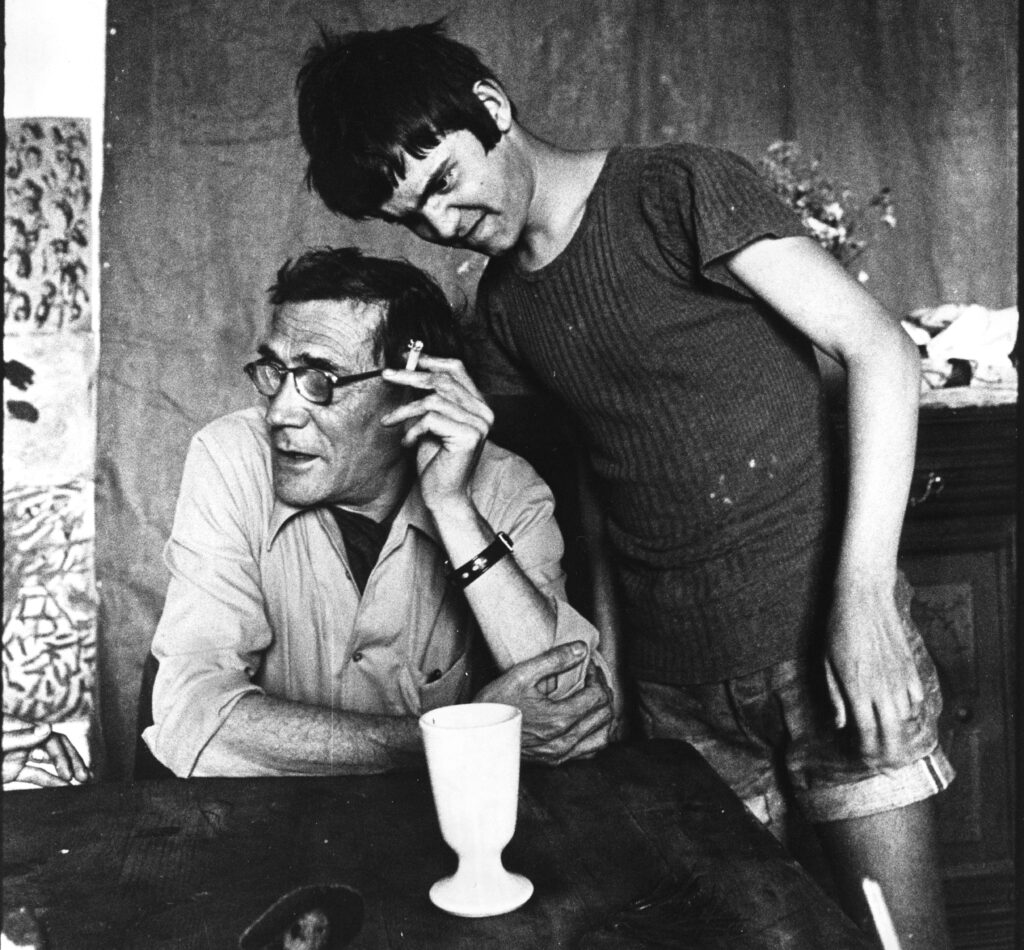

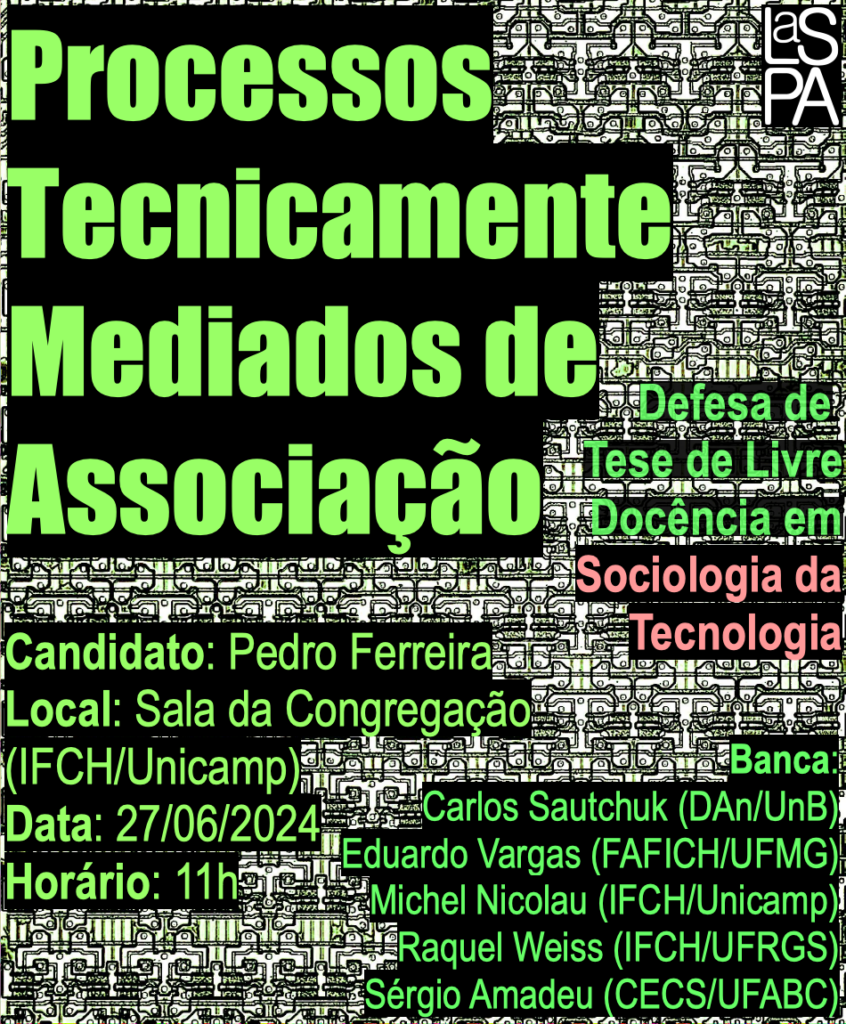

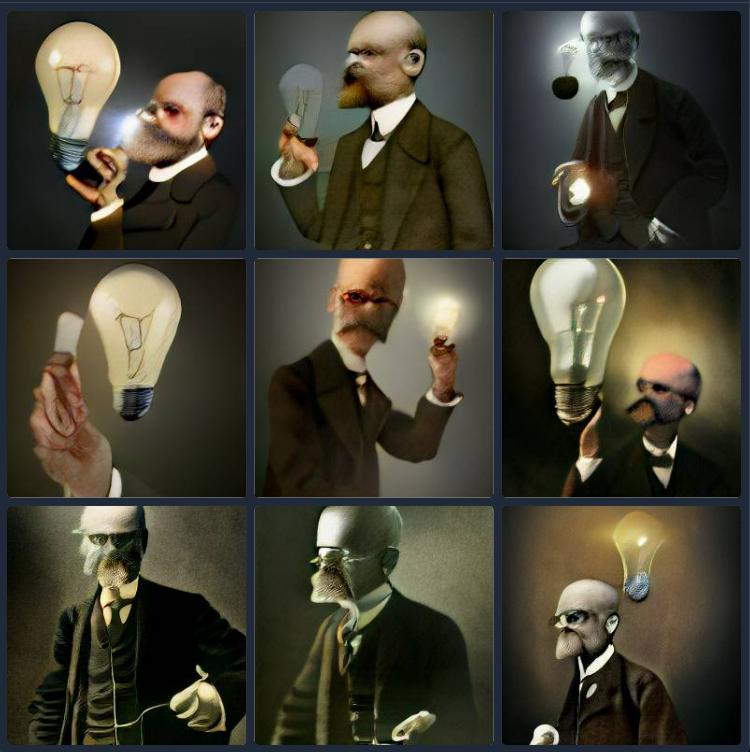
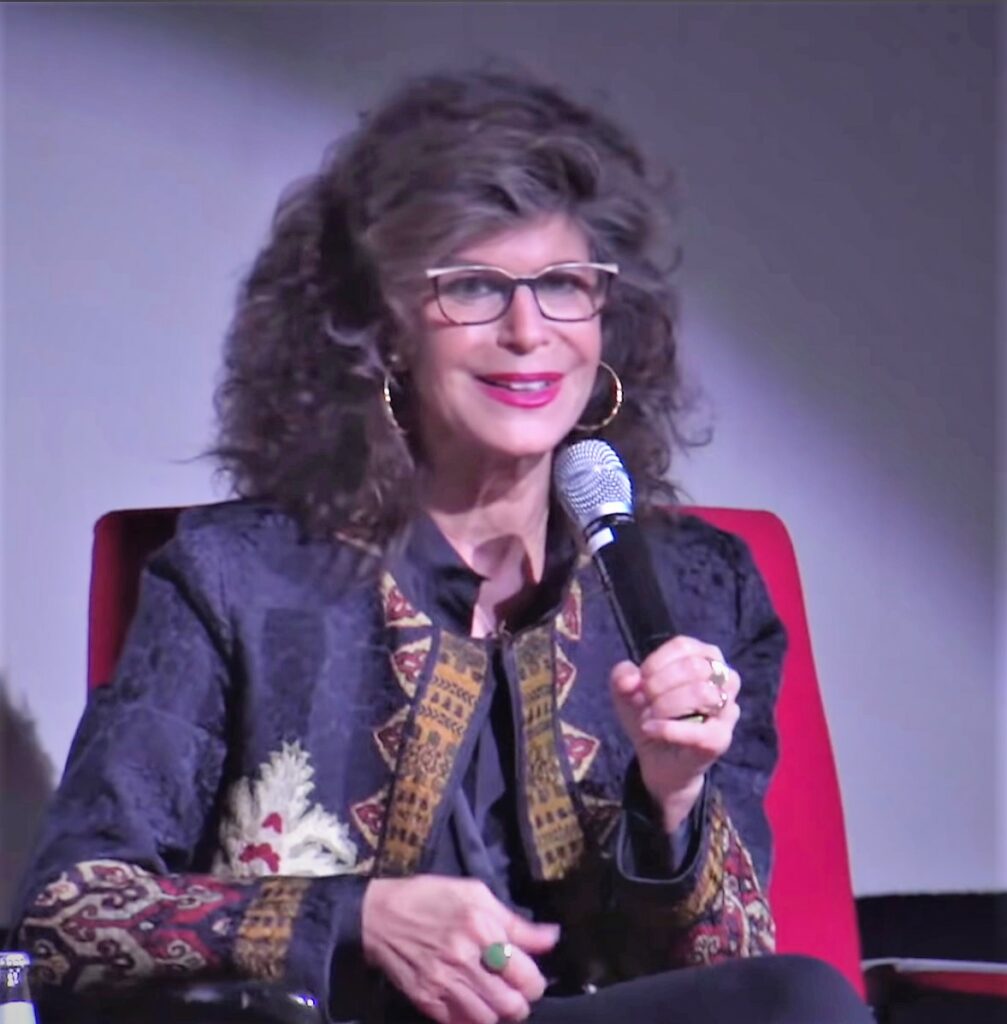

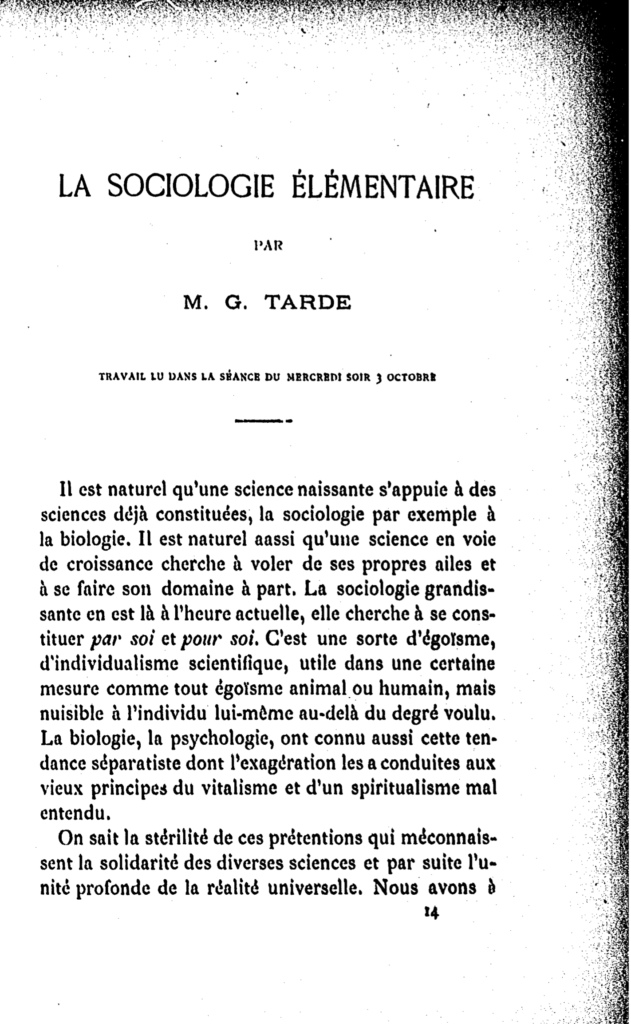
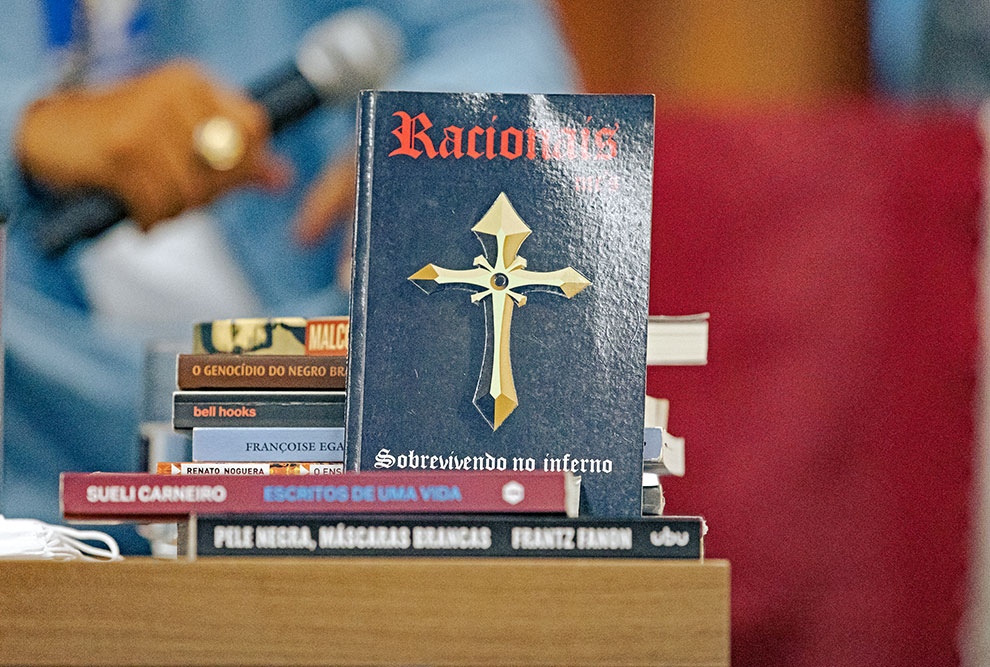
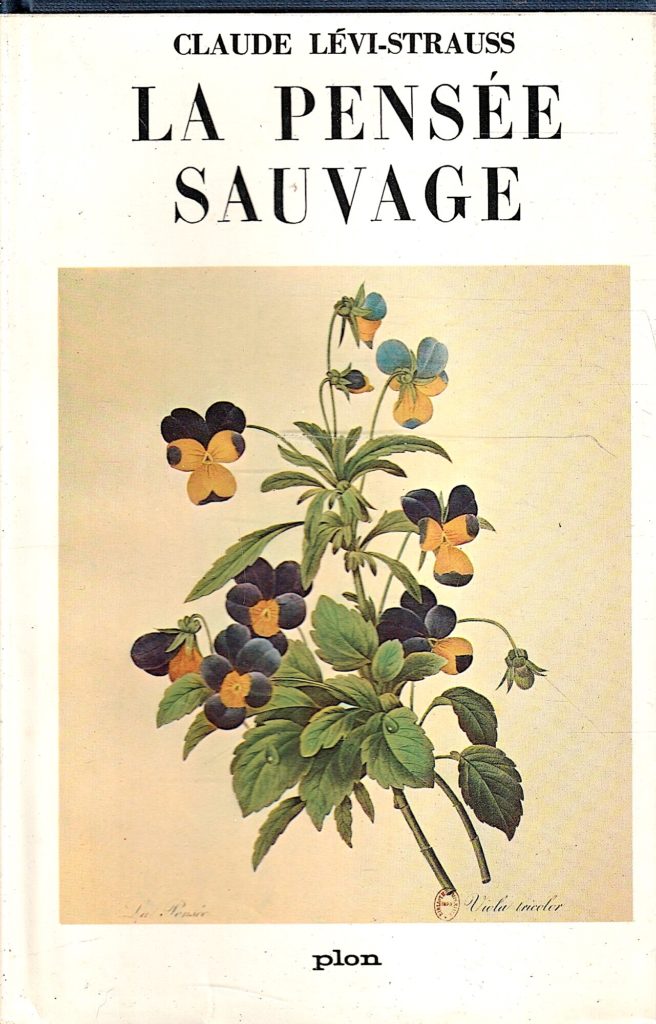
 O LaSPA é sediado no Instituto de Filosofia e Ciências Humanas (
O LaSPA é sediado no Instituto de Filosofia e Ciências Humanas (